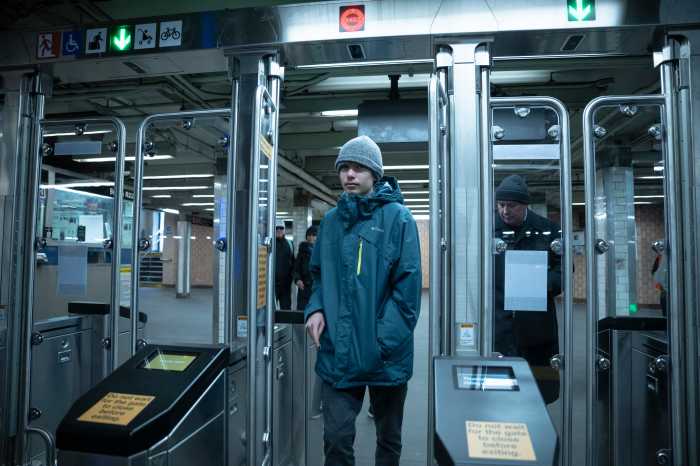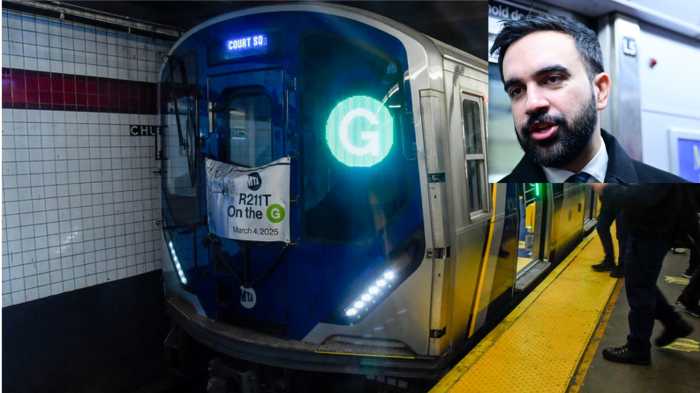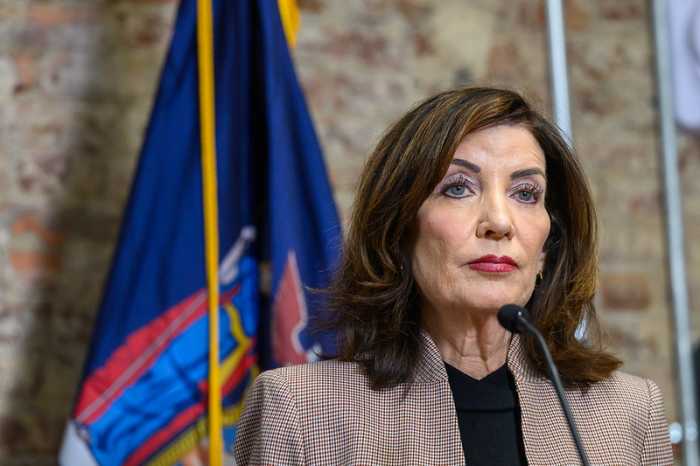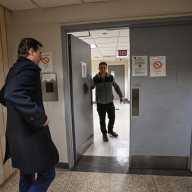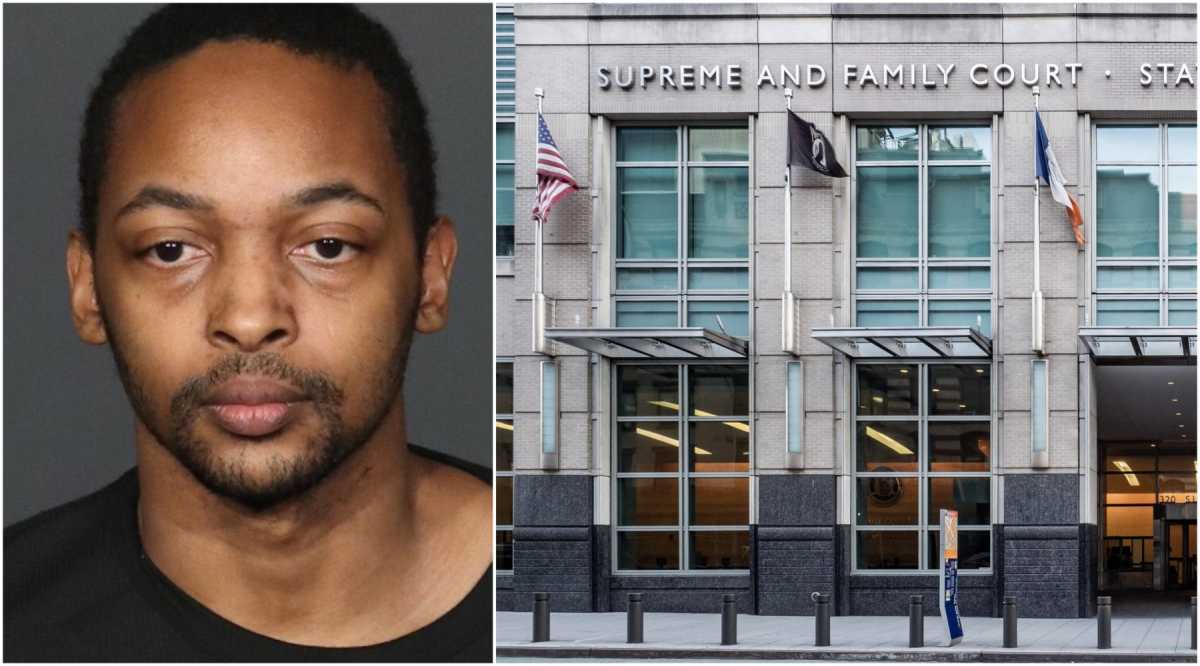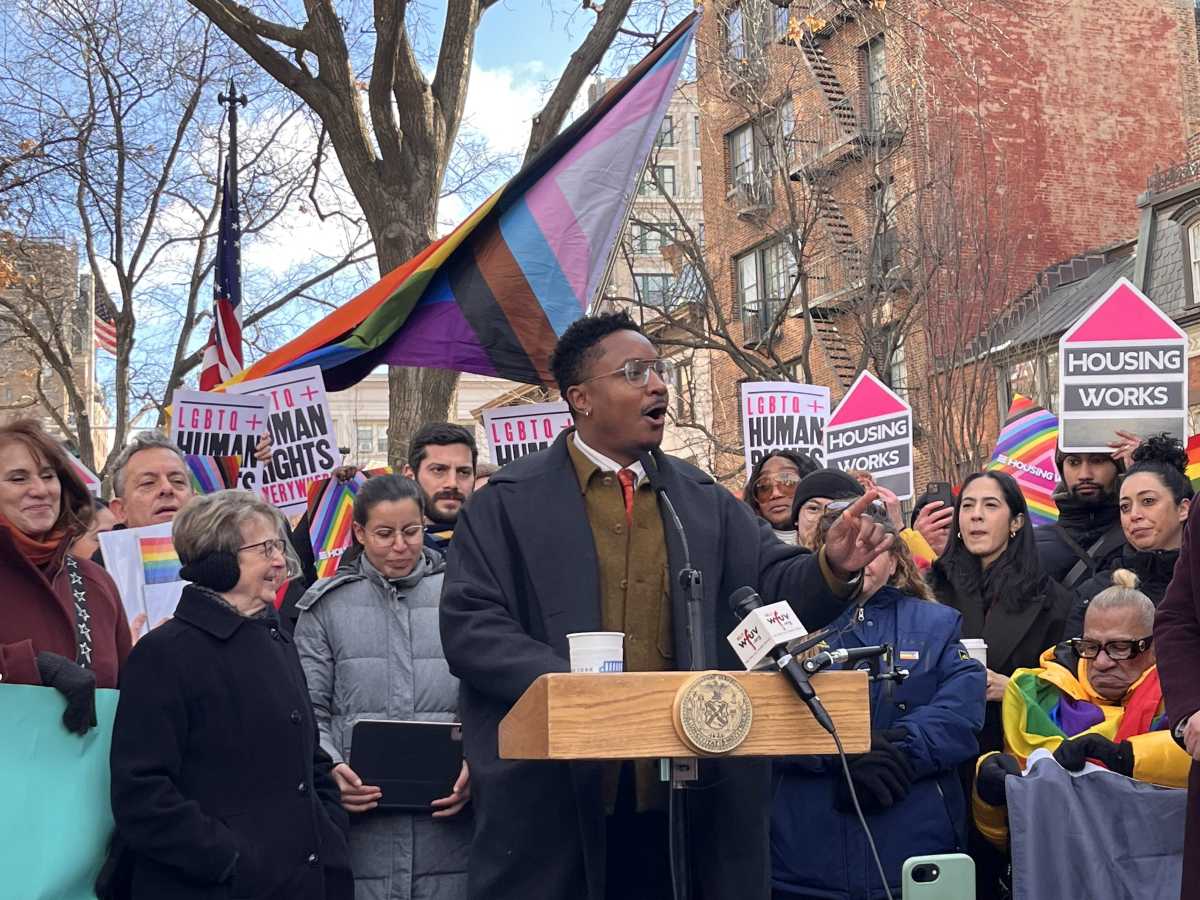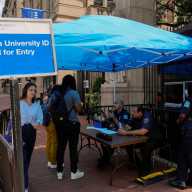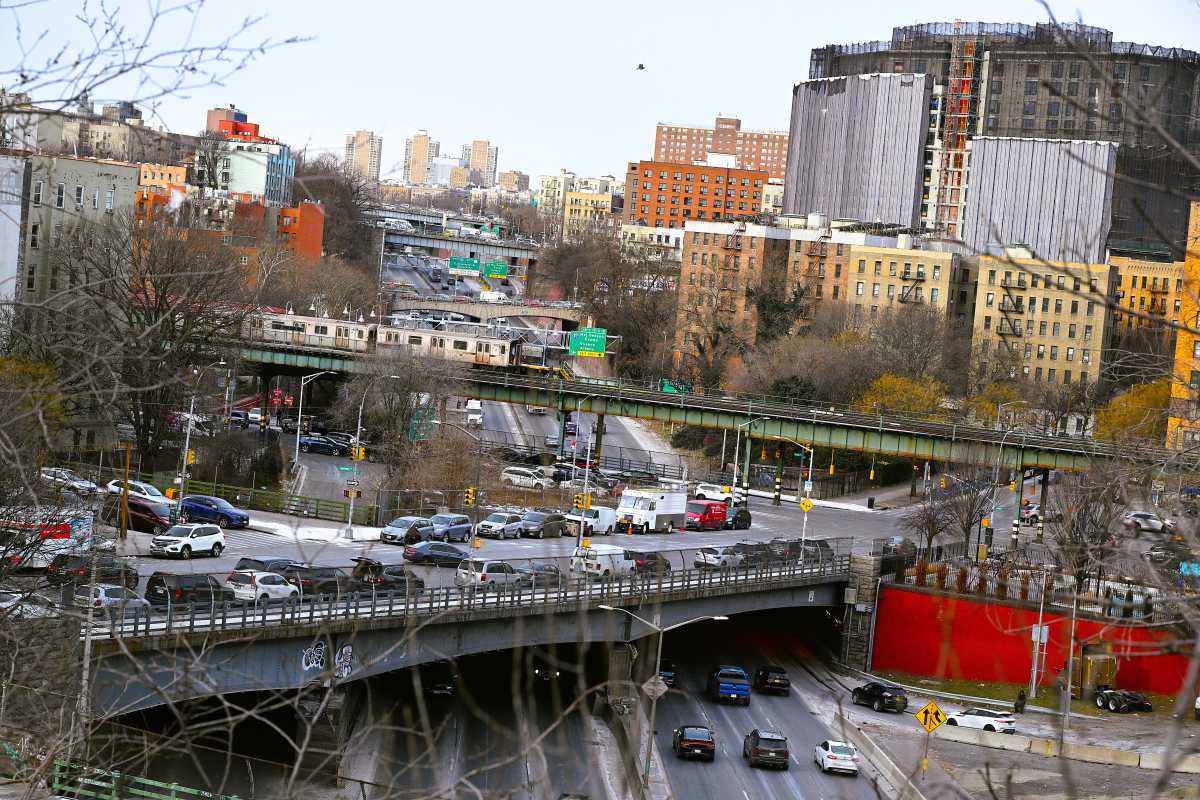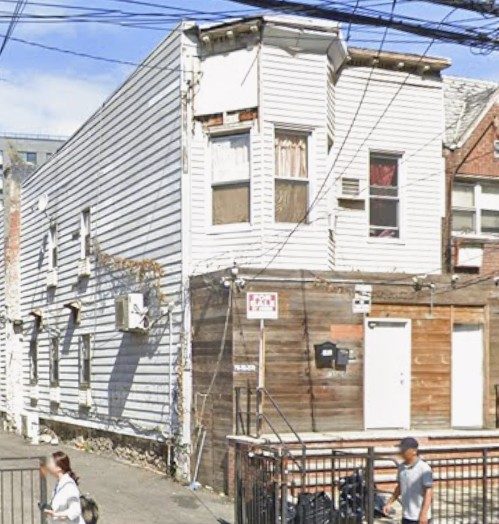
The MTA will unveil a comprehensive plan to improve failing local bus service in April, authority executives said Tuesday.
The plan, directed by new New York City Transit president Andy Byford, aims to address ever-slowing bus speeds and unreliability of routes that experts and officials believe has contributed to a drastic decrease in bus ridership over the last five years, creating a crisis on par with, or worse, than subway service.
“We’re planning a presentation on that in April; we haven’t forgotten about it,” Byford told MTA board members during a Transit Committee meeting. “So that’s coming together and that’s going to be a comprehensive piece of work.”
Daryl Irick, the head of buses at the MTA, said the plan will require close partnership with the city, which controls the streets and polices bus lanes, and will include “bold and radical steps” while also drawing from the successes of the Select Bus Service (SBS) program.
“Last month president Byford challenged my team to take steps to improve the bus system and arrest the steady decline in ridership,” Irick told MTA board members during a Transit committee meeting. “We accept that challenge and we envision that challenge to be very bold, very aggressive, relying on many of the time-honored techniques that we have used in the past, such as SBS.”
The bus strategy is being pieced together following more than a year of advocacy by a coalition of nonprofits known as the Bus Turnaround Campaign, as well as several damning outside reports on service from the likes of City Comptroller Scott Stringer and the Center for an Urban Future.
“Better bus service is a goal within reach — and at a cost well below that of what it will take to restore the subways,” said Matt A.V. Chaban, the Center for an Urban Future’s policy director and Fisher Fellow, at the meeting. The policy organization this winter released a report identifying how poor bus service impacts thousands of health workers in the city.
Jon Orcutt, spokesman for the nonprofit TransitCenter and a member of the Bus Turnaround Campaign, said he appreciated the steps Byford is taking, but is concerned with how long it will take the agency to implement such a plan once it’s unveiled. He pointed out that there has been little movement on a smaller, express bus service overhaul plan that was first unveiled last June.
“The plan is all very well, but the key really is action — when are they going to actually implement anything,” Orcutt said. “We really favor something that gets to implementation more so than another document.
“We really need rolling action and to get out here and start trying out stuff immediately,” he added.




